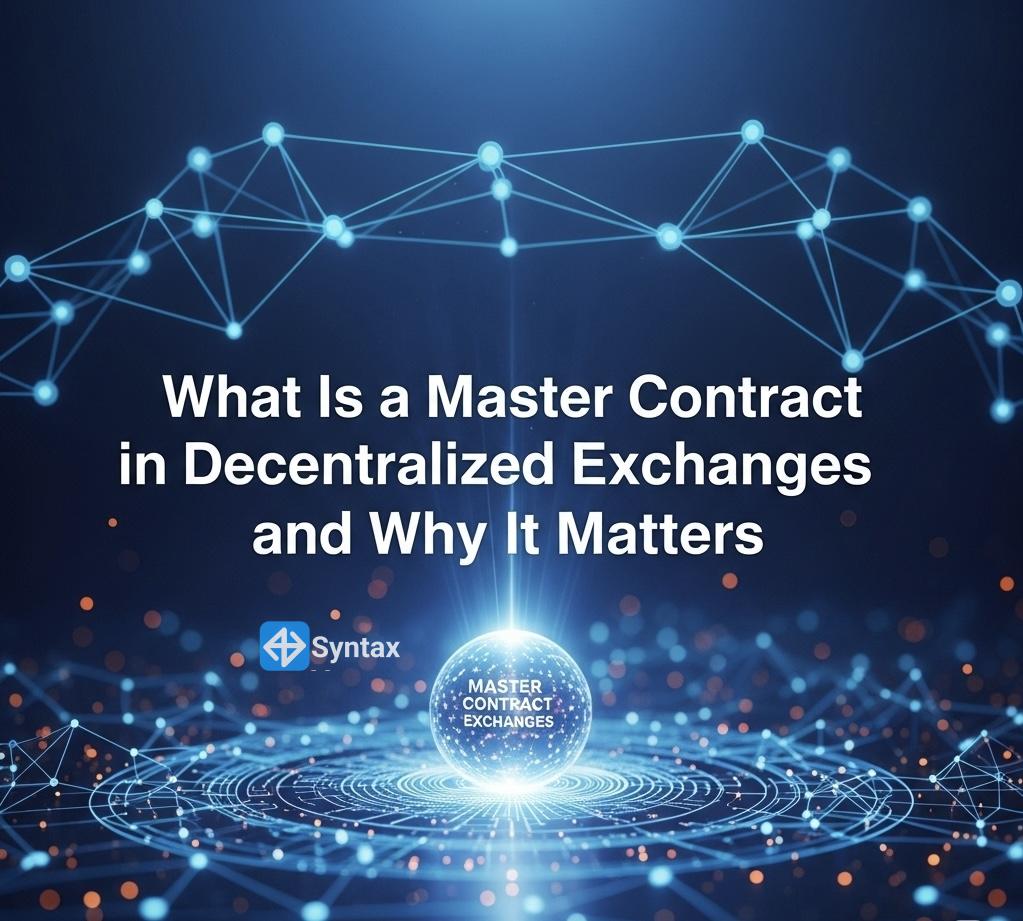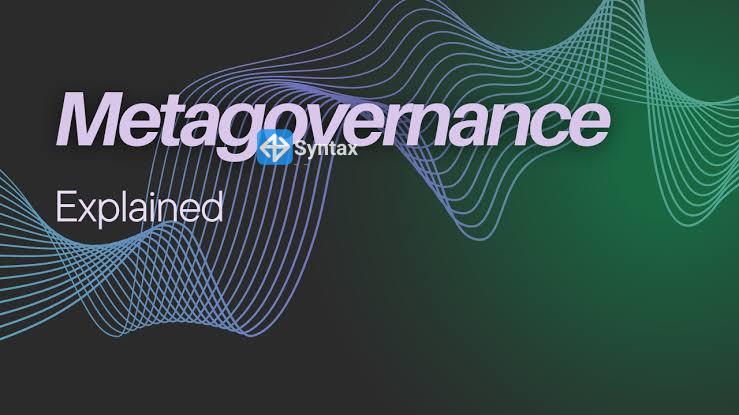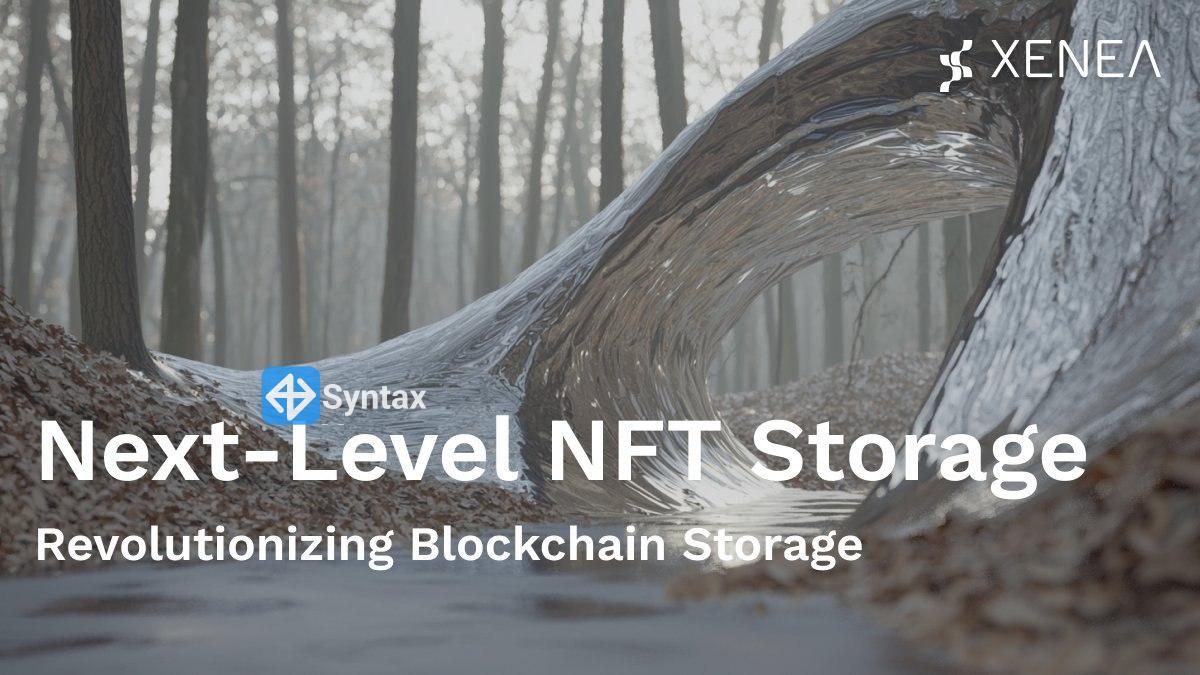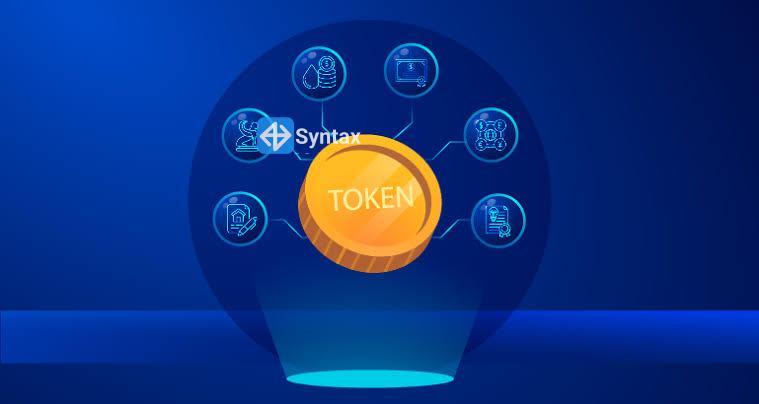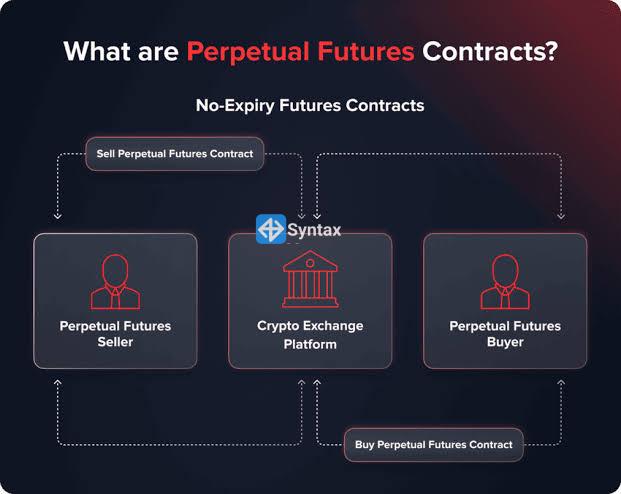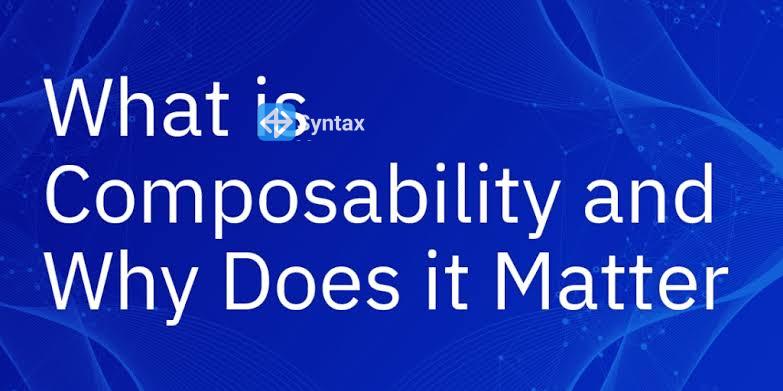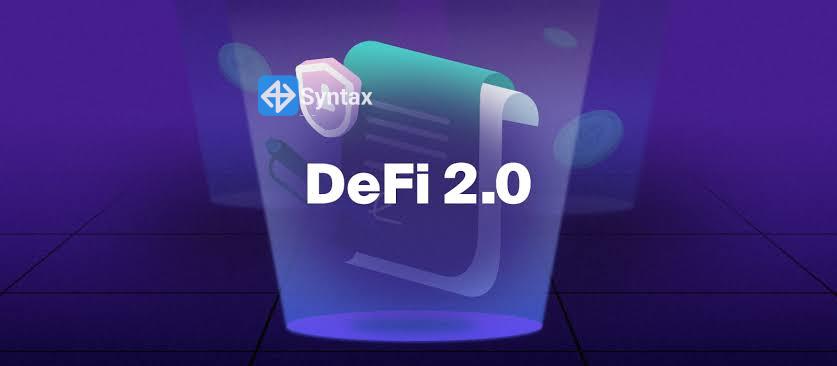In the evolving world of decentralized finance (DeFi), Decentralized Exchanges (DEXs) play a vital role by allowing users to trade crypto assets without relying on a central authority. But behind every DEX is a powerful piece of code that ensures everything runs smoothly, this is known as the Master Contract.
In this article, we’ll break down what a master contract is, how it works in a DEX, and why understanding it is essential for anyone interacting with decentralized platforms.
What Is a Master Contract?
A Master Contract, sometimes called a Factory Contract, is the core smart contract deployed on a blockchain that defines the behavior, logic, and structure of a decentralized application in this case, a DEX.
Think of it as the blueprint for the entire exchange. It includes the main functionalities such as token swaps, liquidity pool creation, fee settings, and trade execution. All other related contracts (like individual token pairs or liquidity pools) are typically deployed using this master contract as a base or reference.
How Master Contracts Work in DEXs
When a user interacts with a DEX, for example, by swapping tokens or adding liquidity, their action is processed through smart contracts on the blockchain. The master contract ensures consistency by:
- Setting the rules and logic that every trade or action must follow.
- Serving as a centralized source of logic, even though the platform is decentralized.
- Allowing new pools or token pairs to be deployed efficiently using the same set of verified rules.
Some DEXs, like Uniswap, use a master contract model where each new liquidity pool is created through a factory contract that references the master contract, ensuring all pools work under the same protocol standards.
Why Master Contracts Matter
1. Security and Standardization
Having a master contract ensures that every interaction follows the same set of rules. This reduces the risk of bugs or vulnerabilities that can happen when different contracts operate independently.
2. Efficiency
Instead of coding new smart contracts from scratch every time a new token pair is added, the DEX can simply clone or reference the master contract, saving time, cost, and resources.
3. Easier Upgrades and Maintenance
When changes need to be made, the master contract acts as the central point of control. While DEXs are often immutable for security reasons, future versions can deploy new master contracts with improved features.
4. Trustless Operations
Since the master contract code is publicly viewable and audited, users can trust the system’s logic without needing to rely on intermediaries, a core principle of DeFi.
As DEXs continue to evolve and scale, understanding the role of the master contract helps users become more informed and safer participants in the DeFi ecosystem.
